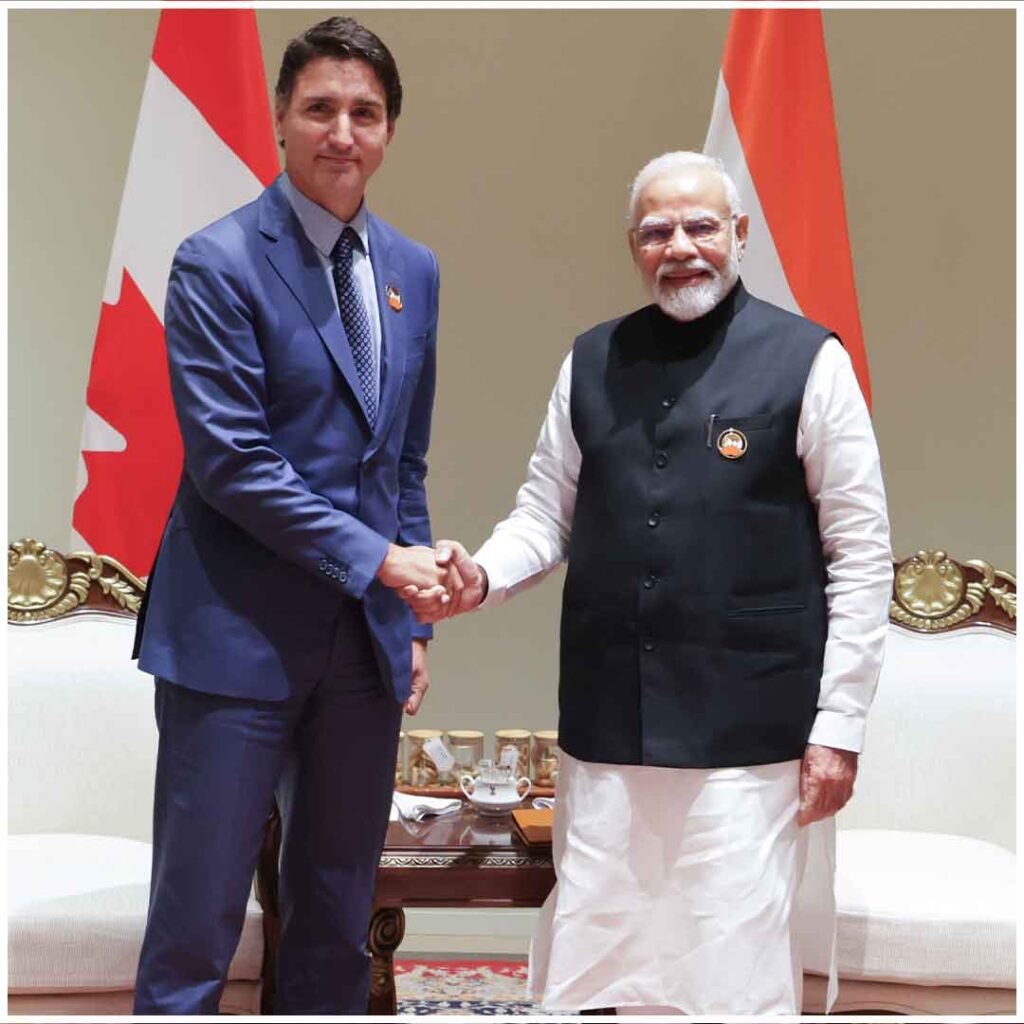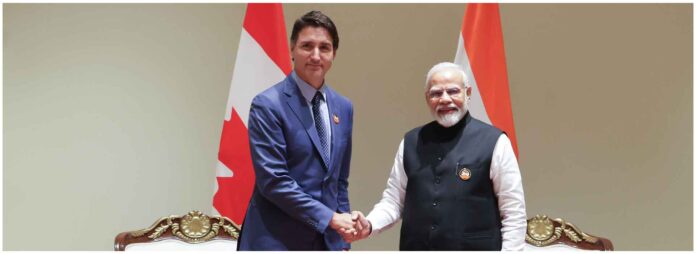India has formally requested Canada to stop providing asylum to individuals it considers to be involved in criminal or secessionist activities. This development marks a critical point in the bilateral relations between the two nations, with potential implications for international law, diplomatic interactions, and the global discourse on asylum and human rights.
Background of the Issue
The relationship between India and Canada has been complex and multifaceted, influenced by a range of factors including trade, immigration, and cultural exchanges. However, it has also been periodically strained by issues related to diaspora politics and the alleged support provided to separatist movements within India. The Indian government has expressed concerns over the years that certain groups and individuals based in Canada are actively supporting secessionist movements in India, particularly relating to the state of Punjab.
India’s Stance
The latest request from India specifically targets what it perceives as Canada’s leniency towards granting asylum to figures associated with criminal activities and movements seeking to separate from India. From New Delhi’s perspective, the presence of such individuals in Canada not only poses a direct challenge to India’s sovereignty but also undermines the global fight against terrorism and separatism. The Indian government argues that by providing refuge to these figures, Canada could be seen as indirectly endorsing their activities.

Canada’s Position
On the other hand, Canada has a long-standing tradition of providing asylum to those who claim to be at risk of persecution in their home countries. Canadian policies are grounded in the principles of human rights and international law, which include the right to seek asylum from persecution. This position is complicated by the need to balance these principles with the diplomatic relations it maintains with other nations, including India.
The Canadian government has often stated that its asylum processes are rigorous and designed to ensure that they are not misused by individuals seeking to escape lawful prosecution. However, Canada also maintains that it must adhere to its international obligations and the standards of fairness and justice that define its legal and ethical outlook.
Implications for Bilateral Relations
The request from India places Canada in a delicate position. Acceding to India’s demands could be seen as compromising Canada’s commitment to human rights, particularly if there is insufficient evidence that the individuals in question are indeed involved in criminal activities as defined by international law. On the other hand, refusal to cooperate with India could lead to a cooling of diplomatic ties, affecting various aspects of the bilateral relationship such as trade, defense, and cultural exchanges.
The situation also highlights the broader issues of how asylum is granted and the challenges in distinguishing between political persecution and criminal accountability. Both countries stand at a crossroads where the decisions made could set precedents for how similar situations are handled globally in the future.
Moving Forward
As both nations navigate this diplomatic impasse, it will be crucial for them to engage in open dialogue and possibly seek the mediation of international bodies to ensure that the actions taken are transparent, lawful, and respectful of both international relations and human rights. Enhancing bilateral mechanisms for the exchange of information and increasing cooperation on security issues could also be steps towards resolving such conflicts.
Conclusion
The request from India to Canada to discontinue asylum for certain individuals is not just a bilateral issue but a global one, reflecting the complex interplay between national security, human rights, and international law. How this situation evolves will likely have significant implications for international diplomacy and the global asylum system.





















